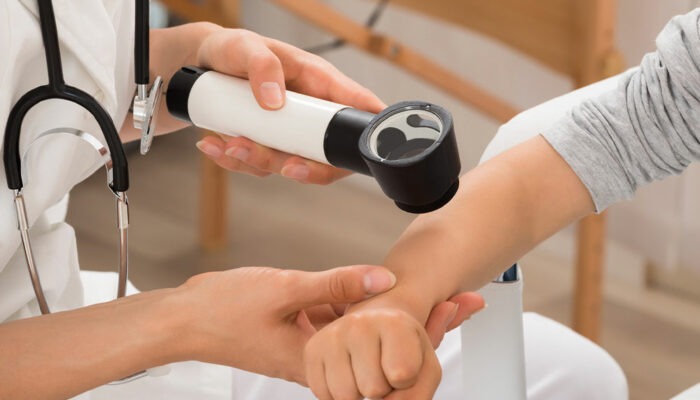
health
10 warning signs of eczema to look out for
Eczema is a skin disorder that causes inflamed and itchy skin. The kind of rash you get and where it appears on your body can vary depending on your eczema. Generally, eczema symptoms don’t always persist. For example, your skin may be perfectly okay before suddenly becoming extremely itchy and inflamed. Read on to identify the warning signs of eczema and what to do if they stay for long, causing trouble in day-to-day activities. What are the symptoms and warning signs of eczema? Eczema is a skin disorder that causes dry, itchy, rough skin. Each type of eczema has its unique set of signs and causes, and here are a few common signs of eczema to look out for: Dry skin When you have eczema, your skin may feel tight and dry even before it itches or becomes red. However, the dryness shows that your skin barrier isn’t functioning correctly. Red or brown patches You can tell if you have eczema by looking at the color of your rash. Eczema is possibly to fault if the skin is cracked and red or brown. Worsening of rashes Another eczema warning sign is if you experience a flare-up followed by prolonged periods of remission.
Read More 








